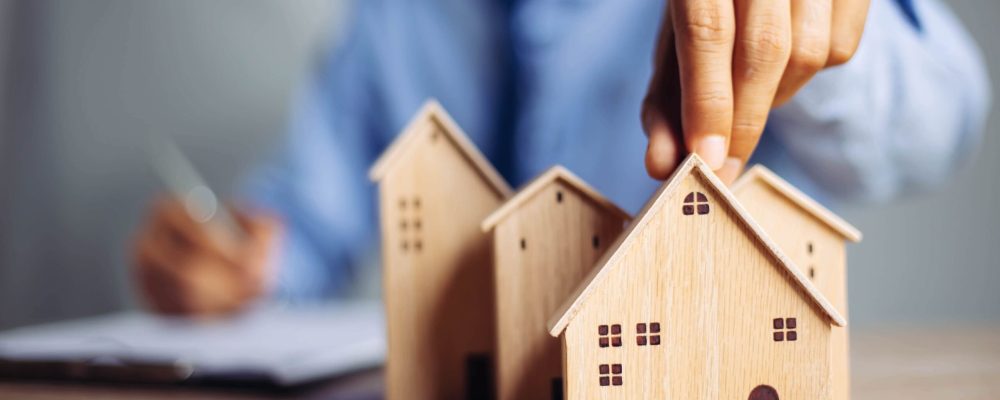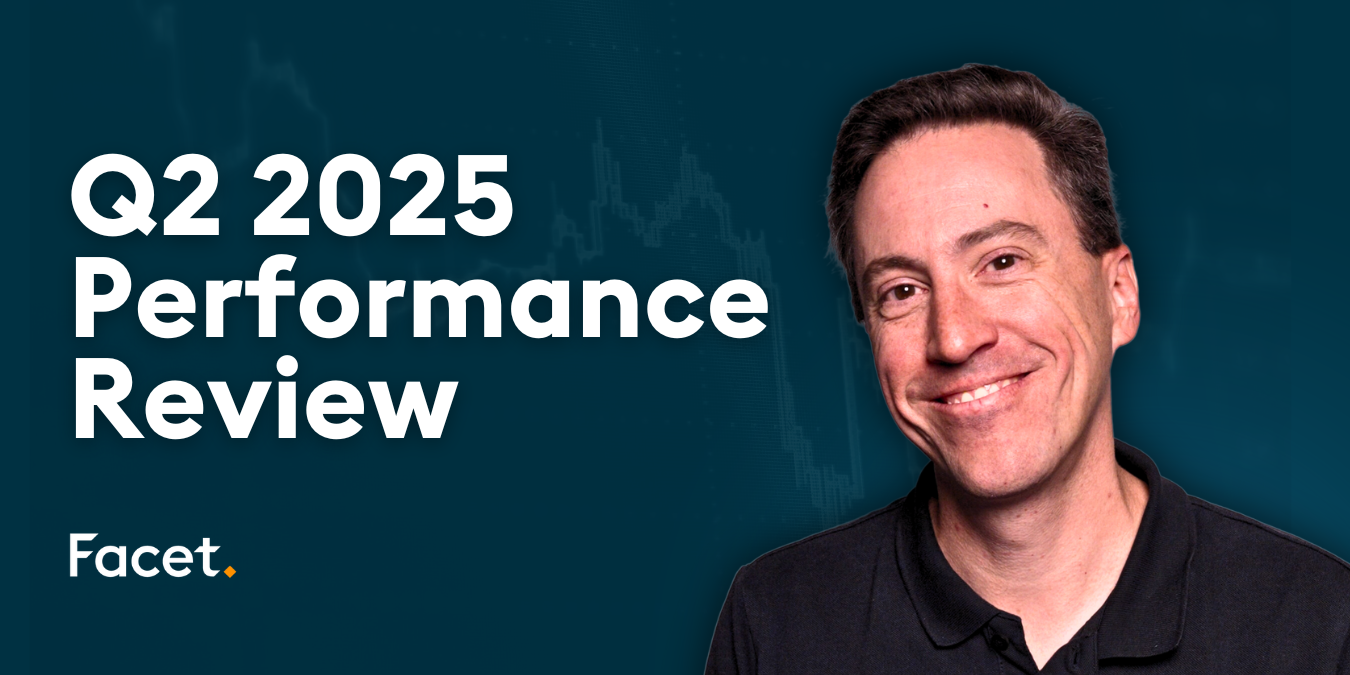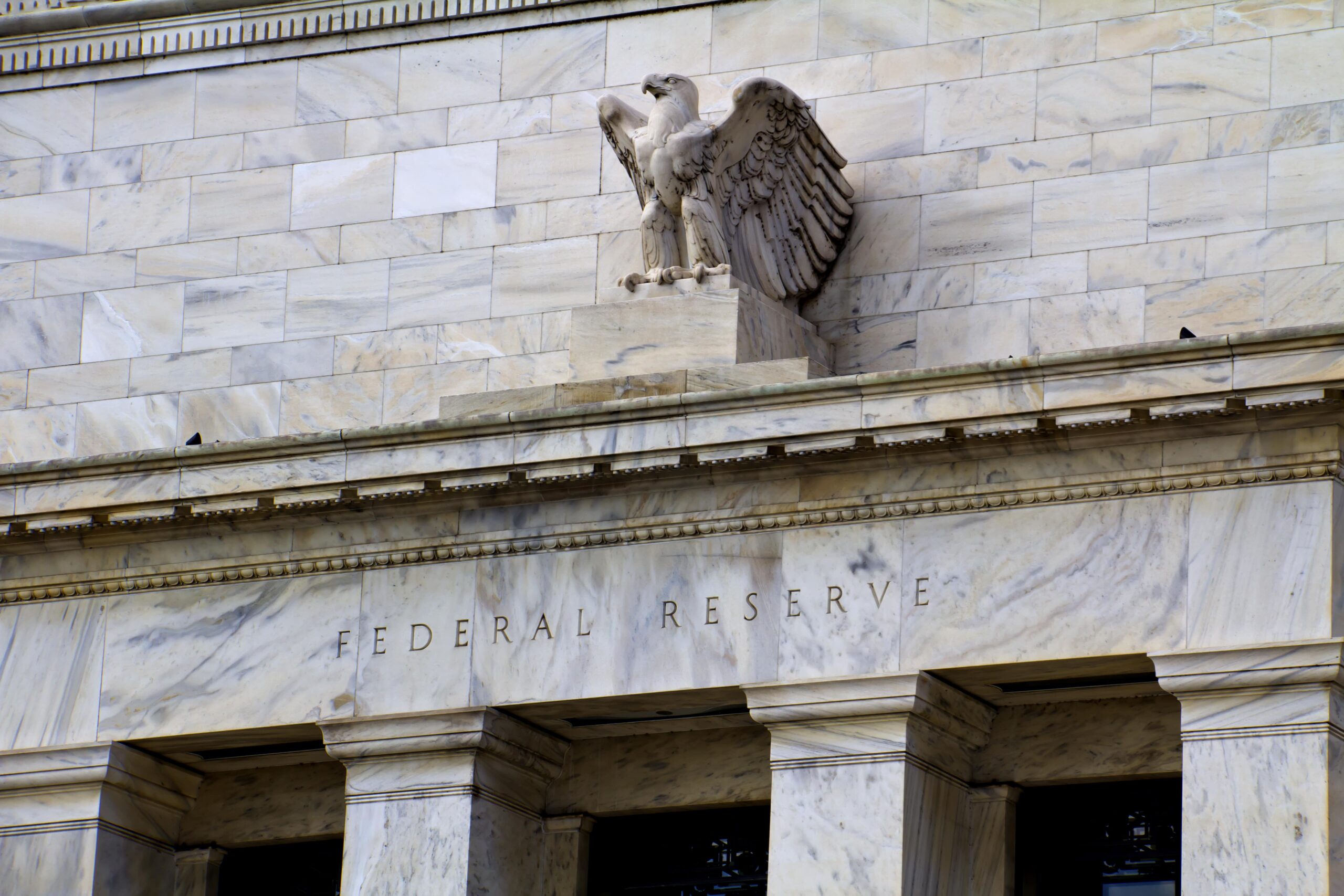
The information provided is based on the published date.
Key takeaways
- Rental real estate can provide many benefits including a recurring income stream, appreciation of real estate values, and tax advantages
- A rental property is often touted as providing passive income, but, in reality, it requires a significant investment and time and money to be successful
- Homes in general are expensive. Having a plan for how much cash you will need to make appropriate investments, to cover any gaps in rental income, and to be prepared for unexpected expenses is essential to rental success
- Financing a rental property is different from buying a primary residence. Down payment of 20% is typically required depending on credit score
- Before investing in a rental property, get clarity on why real estate is right for you, how you will make it work financially, and what impact it will have on the rest of your life and finances
Considering an investment in a rental property? Rental real estate can provide many benefits including a recurring income stream, appreciation of real estate values to build wealth, and many tax advantages.
Buying a rental property is a big decision and often an even bigger investment. To help you make a smart decision, and one that supports your current and future life, career, and financial goals, here are 10 steps to prepare you for taking the plunge.
1. Consider the bigger picture and prepare financially
An investment in a rental property should not be made in a vacuum. It’s critical to understand how the finances of the rental property will impact your broader financial plan today and in the future. Before moving forward with an investment in a rental property, make sure your financial foundation is in good shape.
You want positive cash flow, a plan for all of your debt (you may even want to pay some of it off), a healthy savings rate for current and future goals (like the upfront costs of a real estate purchase), an appropriate amount being invested in your retirement accounts, and proper insurance and estate planning documents to protect you and your family in the present.
As with any real estate, you want to build it on a solid foundation, and creating a healthy financial foundation is the first step to supporting any real estate investment goals.
2. Get clarity on how you will finance or buy the property
The first big financial decision you will need to make is how to actually purchase the property.
You will have to decide between paying all cash, which can be a challenge for any real estate transaction, or to use a mortgage (called financing the purchase). Most first-time real estate investors use a mortgage to lower the upfront costs and cash requirements of buying the property.
Getting a mortgage on a rental property
Financing a rental property is different from buying a primary residence. When getting a mortgage, keep in mind that your personal finances will affect your ability to qualify.
- Down payment of 20% or more: Down payment requirements are higher than for primary residences and will typically be at least 15% and can be up to 25% depending on the type of property you want to buy (e.g. single family as compared to a multi-family property).
- Credit score: Your credit score will determine the interest rate you pay. Interest rates on investment rental properties are typically higher than those on primary residences by 0.50% or 1% or more. Your personal credit score will also affect the interest rate. Most loan providers will require a credit score in the mid to high 600s. Keep in mind that higher credit scores come with lower interest rates.
- Outstanding debt: Just like trying to qualify for any other type of loan, other outstanding debt (home mortgage, car loan, student loan) will affect the loan amount you qualify for. So the more debt you have relative to your income the less you may qualify for on the rental property.
- Cash reserves: Most lenders will require that you have some level of cash reserves on hand even after you purchase the property. Think of it like an emergency fund but for your real estate. It’s typically based on your monthly expenses to own and maintain the property so they might ask for 3 to 6 months of cash on hand. This number varies by lender and can change based on the type of property you buy and your personal finances.
3. Research and find the right property
Finding the right property may be the most important decision you make. Here’s a list of things to look for in the property itself and the surrounding area:
- Your real estate strategy and the property that will support it (condo, single-family, multi-tenant)
- Strong demand for rental properties and a high percentage of renter-occupied properties
- Rising rental rates and home values plus low vacancy rates
- A thriving economy with strong job growth
- The property tax rates for the state and municipality
- Median home prices and past appreciation
- The neighborhood in which the property is located
- Proximity to a university or even public transportation
- How attractive the area is to renters (the kind of renters you want)
- History, if any, of rental income or expenses (helps with estimating future cash flow)
4. Determine upfront costs and create a cash cushion
Some, not all, rental properties will come with additional upfront costs to get it ready to rent. These costs are in addition to closing costs and your down payment which can already run north of 20%. When you buy a rental property, you may have to invest some money in general maintenance, repairs, or even renovations or improvements. This will vary based upon the type of property you buy (fixer upper versus a turnkey property that is ready to rent), and you need to plan accordingly.
Keep in mind that if renovations are required you need to factor in a period of time when you will not have rental income coming in the door. Having a plan for how much cash you will need to make appropriate investments, to cover any gaps in rental income, and to be prepared for unexpected expenses is essential to rental success.
5. Plan for unexpected expenses
When it comes to real estate, there is always something unexpected that pops up. Here are a few things to plan for:
Maintenance and repairs:
- On average, it is recommended to set aside between 1% and 4% of the home’s value for annual repairs.
- Costs can vary based on the type, age, and the location of the property.
- Decide what repairs, renovations, and improvements are immediate needs and factor these into your planned home purchase costs.
Vacancy (lack of a tenant):
- You also want to plan for a potential period of time where the property will not be rented. Rule of thumb is to account for a 10% vacancy rate. This can vary greatly depending on the real estate market in which you buy the property so make sure you have a good estimate of the strength of the rental market.
- Don’t get caught off guard and make sure you have a cash cushion to cover the weeks or months without rental income.
6. Run the numbers on ROI
The main reason people tend to invest in a rental property is to make money (through cash flow or property appreciation) so it’s important you run the numbers before buying a property. The goal is to make sure you are getting an appropriate return on your investment (also called an ROI). A property generating an 8% return is better than one generating a 4% return, all else being equal.
- Start with creating a spreadsheet that will track income (rents and other sources like added fees for parking) and expenses (everything from maintenance to the mortgage). Build it out for at least a period of five to seven years for a clear projection of cash flow.
- Create an estimated timeline for when you will need to make major investments in the property. This should include things like replacing the HVAC system, installing new windows, or replacing the roof. You should also include any major renovations or improvements. These are often called capital expenditures (or CapEx), and they will affect your cash flow and overall return.
- Next, determine your net operating income. Your net income is what you will take home after accounting for regular, everyday expenses and the larger planned projects discussed above. With this number, you can calculate your return. So if your property generates $20,000 per year in net income, and you bought it for $200,000 (assuming a cash transaction), your ROI is 10% (not including appreciation). Your ROI will change depending on whether you paid cash or financed the property.
7. Understand how rental properties are taxed
Rental property taxes are complicated. Working with an experienced tax professional is always the right way to go. Not only can it help you avoid unnecessary headaches but it can help you maximize your tax benefits and how much money you take home (also called your net income). While working with a tax professional is recommended, there are a few concepts you should know:
- Regular expenses are tax deductible: Regular expenses like taxes, mortgage interest, repairs, and maintenance can be deducted from your rents. These expenses reduce your net rental income, but they also reduce the amount of income you pay taxes on.
- Improvements to the property may add to your tax basis: Improvements, like a brand new kitchen or upgraded bathrooms, may only add to your tax basis (like cost basis for stock investments). This means you can’t deduct it against taxable income in a given year. You’ll reap the benefits down the road when you sell the property or you will claim them gradually through depreciation.
- Depreciation of real estate is deductible: Depreciation allows you to gradually deduct the cost of buying or improving a home over what the IRS calls the useful life of the property. So instead of deducting a given expense in one year, you may have to deduct it over several decades. The good news about depreciation is that it’s a non-cash deduction. So it reduces your taxable income even though it isn’t an expense you pay out of pocket.
- Report your rental income: As an individual rental property owner (and not a business that rents properties), you will report your rents and expenses are Schedule E of your tax return.
8. Prepare to be a landlord (and a business owner)
An investment rental property takes work. The majority of property owners know that being a landlord can be time consuming. Successful real estate investors understand that they need to treat their properties like a business and not a hobby.
Hire a property manager:
- You can always hire a property manager to handle the logistics of the property, but keep in mind it can cost you around 10% of the monthly rent you collect.
- If you do it yourself, you will have to handle finding renters, communicating with tenants, finding contractors for maintenance and repair work, tenant disputes, and handling proper financial records for income, expenses, and tax purposes.
Prepare a lease or rental agreement:
- Your rental property should be treated like a business and not a hobby where handshake agreements will suffice. Make sure all agreements are in writing and that you are using the appropriate documentation based on local rental laws (this goes for both tenants and contractors).
- Be consistent in how you engage with all parties as it will make your life easier and protect you from issues that may arise.
Understand landlord/tenant rights:
- We have all heard of the nightmare stories of the tenant and landlord disputes. No pointing fingers here, but be prepared financially and legally to deal with them. It’s recommended that you work with a local attorney that knows the rules regarding rental properties and tenant/landlord rights. Laws for rental properties vary by city and state, and you need to know what you are getting yourself into to be successful.
9. Protect against risks
In addition to general operating procedures, you need to look at how to protect both your real estate investment and your personal assets. Without proper protection, issues with your real estate could adversely affect your personal situation. Here’s how to solve for this:
Insurance:
- Make sure you talk to an insurance agent that can help you find the right policy or policies for your rental. Your homeowners policy typically doesn’t cover rental properties because they are seen as a business activity.
- If a tenant gets injured or your property is damaged in a storm, you need insurance to cover the costs. An experienced insurance agent can help you find the right insurance that can protect your real estate, and your personal finances, from any injuries or legal disputes.
Consider an LLC:
- Consider working with an attorney to establish a limited liability company (or LLC) to create a legal separation from your rental property and your personal affairs. Without it, a lawsuit against your rental property could hit your personal finances as well.
- An LLC makes your property a separate entity for legal purposes and can limit damages and losses to only the property held in the LLC and keep your personal and family assets safe.
10. Prepare for a learning curve
Before you become a self-proclaimed real estate mogul, you will make mistakes. It’s inevitable. You will experience an unexpected repair or you will miscalculate an income, expense, or tax figure. Real estate will affect other areas of your financial life in both good and not so good ways.
This is normal and part of the learning curve which is why many people that invest in real estate, at least early in their careers, recommend starting small. It’s easier to recover from a mistake on a single-family home worth $300,000 than a multi-tenant property worth $3,000,000.
Be prepared financially and mentally before you take on your first property. You will be glad you invested the right amount of time in developing an overall strategy and proactively planning for your first purchase. And, remember, take the mistakes in stride and use them as lessons from which you can learn.
Final word
Rental real estate isn’t for everyone, but it can be a good source of recurring revenue and help build wealth in the real estate market. If you are considering making an investment in a rental property, make sure you get clarity on why you want to invest in real estate, how it will help you achieve your goals, and what it means for the bigger picture – personally, professionally, and financially.
A rental property can be a good investment, but it requires proactive planning, a clear strategy to execute it successfully, and a fair amount of upfront and ongoing investment in both time and money to get it right.
Facet
Facet Wealth, Inc. (“Facet”) is an SEC registered investment adviser headquartered in Baltimore, Maryland. This is not an offer to sell securities or the solicitation of an offer to purchase securities. This is not investment, financial, legal, or tax advice. Past performance is not a guarantee of future performance.


